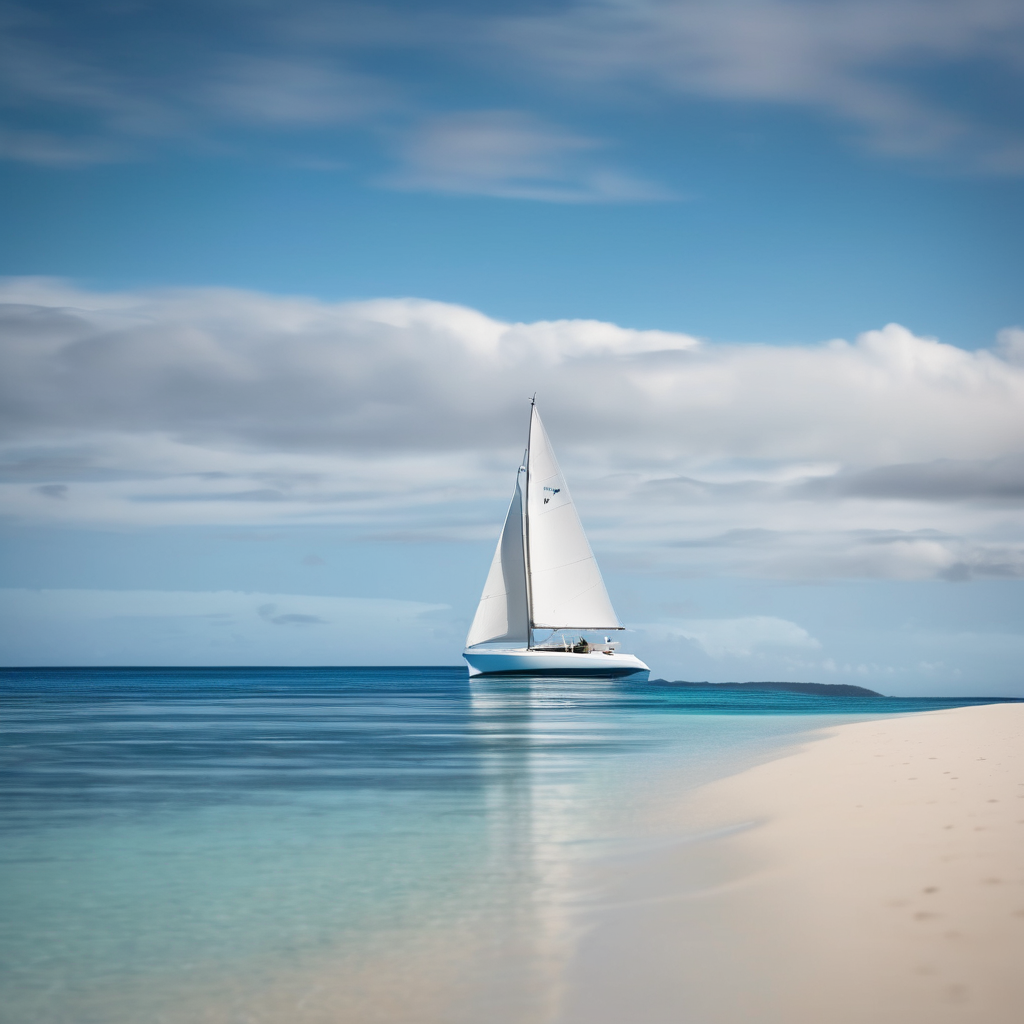Fiji’s sailing community is buzzing with excitement as coach-athlete Viliame “Vili” Ratulu recently completed World Sailing’s Technical Coaching Course Level 2 and 3 in Weymouth, United Kingdom, from September 16 to October 11. Funded through the Olympic Solidarity’s Coaching Scholarship program, Ratulu was among 12 participants who honed their skills in sailing coaching.
During his final presentation, Ratulu articulated his vision to foster a vibrant sailing culture in Fiji while addressing significant gaps in youth sports development. He aims to inspire a maritime identity among Fijians and formally establish pathways for young sailors to excel in the sport. Ratulu’s commitment to this cause was evident as he discussed how the recent training has reshaped his approach to training sessions, emphasizing the involvement of athletes in setting goals and tailoring coaching techniques to suit each sailor’s unique needs.
A key takeaway from his time in the program was the profound impact a coach can have on young people, extending beyond competition to cultivate a generation of athletes who are not only skilled but also well-rounded individuals. This holistic approach will not only benefit athletes but will also resonate with peers who may have lost sight of their ambitions.
Ratulu plans to shift his training focus toward competitive excellence, urging athletes to adopt a “racing mode” where the emphasis is on finishing ranks rather than merely crossing the line. He envisages a structured session design that prioritizes athlete engagement while maintaining an enjoyable training environment, following a Plan–Teach–Brief–Do–Review cycle.
Communication and trust are essential components of effective coaching, according to Ratulu. He reflected on past challenges in building confidence among parents, especially concerning issues like drugs and negative peer influences. Armed with improved leadership skills, he believes he can fill this void, guiding young athletes towards positive experiences and away from detrimental influences.
In sharing his insights with fellow coaches, Ratulu is committed to fostering collaboration through shared goals and mutual support. His recent training program expanded his perspective from grassroots to high performance, sparking a desire for noticeable changes in his coaching methods, including how feedback is delivered and how beginners are engaged.
Ratulu looks forward to rebuilding a solid grassroots foundation in sailing over the next 12 to 24 months to ensure sustainable growth. His performance objectives include qualifying two male and two female sailors in ILCA 4 for the Australian and New Zealand nationals, and transitioning two female athletes to ILCA 6 by 2027 to prepare for the Pacific Games.
Concluding his presentation, Ratulu expressed gratitude towards his fellow participants, whom he now considers a “sailing family.” He summed up his journey with an inspiring maxim: while conditions on the water cannot be changed, the sails can always be adjusted. This sentiment captures his vision for a future in which Fiji’s youth thriving in sailing is a palpable reality, fostering not only sporting success but also community cohesion.
